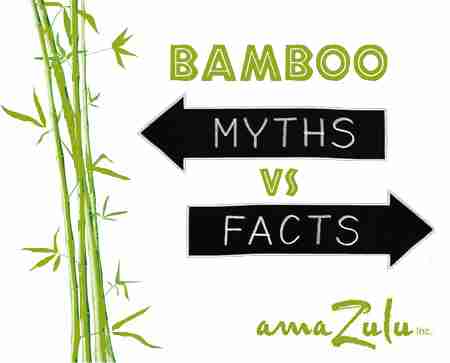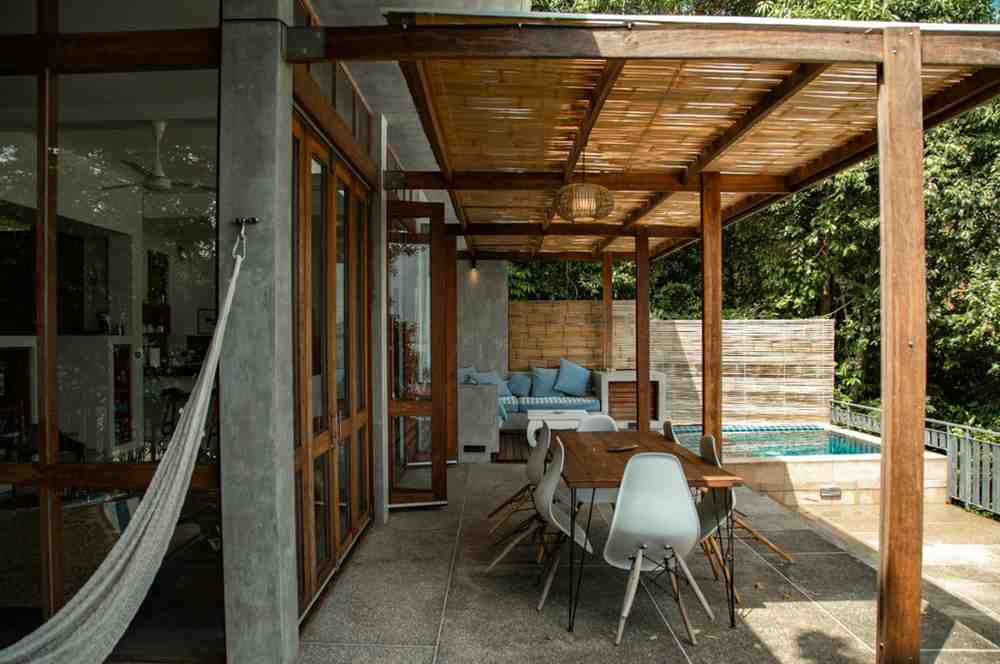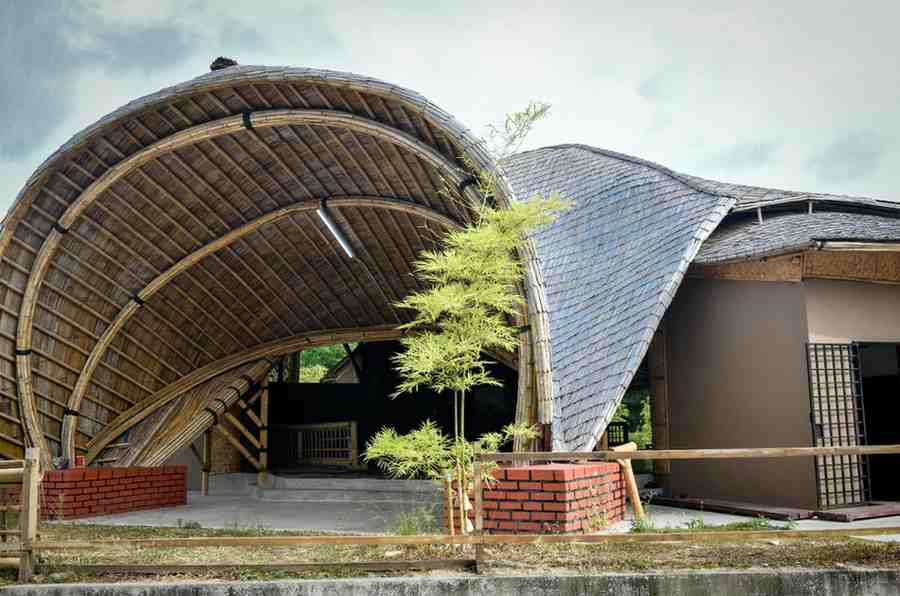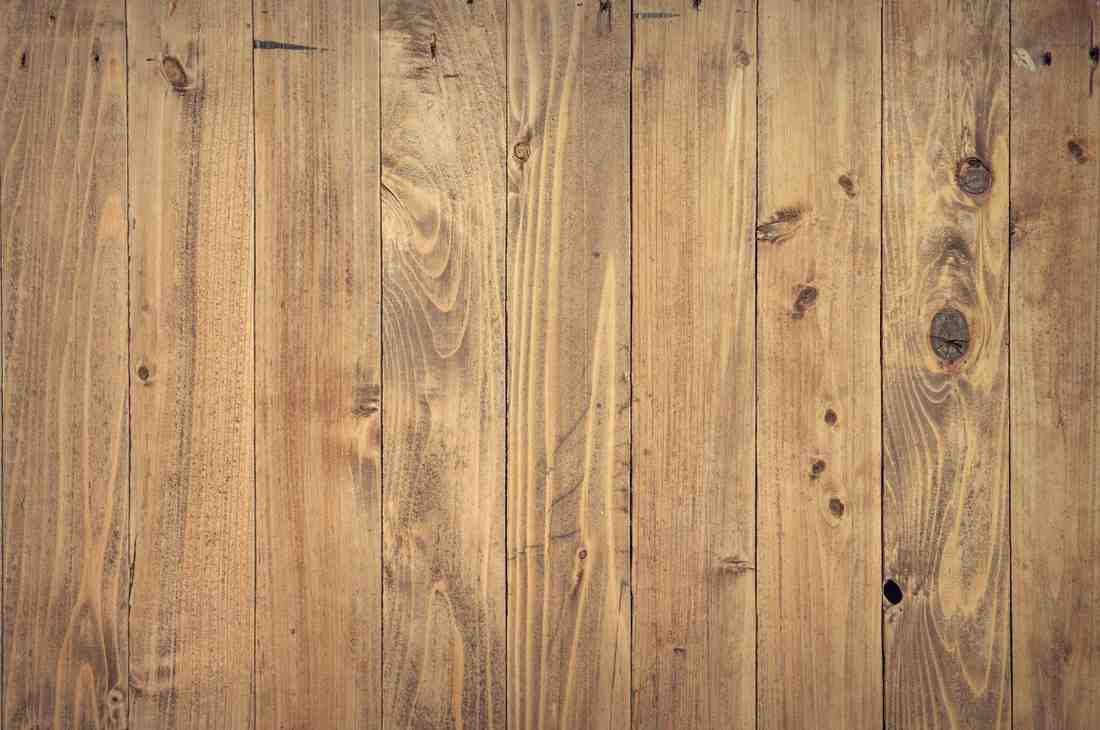We understand that the plethora of information on the internet has a few bamboo facts mixed in with some bamboo myths. We are here to set the record straight with these bamboo myths by offering bamboo facts.
Bamboo Facts vs. Bamboo Myths
Myth: Bamboo is susceptible to insects.
Bamboo Fact: Both true and false. Bamboo’s detractors complain about the infestation of bamboo mites. Bamboo mites move onto the culm before it is cut when it has juicy leaves they can feed on. They live beneath a thick web on the underside of the leaf and are so small that growers who think they’ve killed them off with a chemical spray might actually be sending mites that have hidden inside the wood to the mill and later the lumber yard. But we have good news. Bamboo sold by amaZulu, Inc. is treated in a number of non-toxic ways to prevent pests from invading the bamboo.
Myth: Bamboo should only be used indoors.
Bamboo Fact: False. Bamboo can be used both indoors and outdoors and in any climate. Once treated, they can last for several years outdoors. Bamboo is a great fencing material, for example. As you research options for fencing materials, you’ll discover that bamboo is one of the best choices. With proper maintenance, a bamboo fence can last up to 20 years–much longer than its cedar and pine counterparts. Bamboo is also an excellent choice for constructing tiki huts, trellises and more.
Myth: Bamboo isn’t very sustainable.
Bamboo Fact: This is false. Since bamboo is one of the fastest-growing grasses, it is easily replenished after it has been harvested. Increased environmental awareness has alerted us to the problem of deforestation: when forests are cut down and little is left behind. Because plants–especially large trees–clean the air, cutting down trees decrease air quality. Also, trees absorb great quantities of hydrogen and give off oxygen: this balance has been tampered with thanks to deforestation. The removal of trees devastates natural animal habitats, and because of how slowly new trees grow, animals must permanently abandon their homes when trees are cut down. Conversely, bamboo regrows so quickly so that it can continue its air-purifying effects.
Myth: Bamboo shouldn’t be used for construction.
Bamboo Fact: False. like true wood (bamboo is actually grass), bamboo has a high strength-to-weight ratio that can withstand many uses. amaZulu supplies construction-grade bamboo. According to Newsweek magazine, “Environmental organizations are promoting its use as a building material, architects are putting it into green homes, and makers of flooring, furniture and now bikes are quietly setting up their industries for a bamboo revolution.” Bamboo has a greater tensile strength (or resistance to being pulled apart) than steel, withstands compression better than concrete, and unlike wood, bamboo has no rays or knots, allowing it to withstand more stress throughout the length of each stalk.
There you have it. Bamboo Facts vs. Bamboo Myths. If you have any questions, please call our office at (877) 243-5309 to speak with one of our design consultants.
amaZulu, Inc. has hand-selected manufacturers who produce eco-friendly, high-quality architectural materials to present a dynamic list of options when considering the environment. amaZulu, Inc. is the preferred source for architectural theming materials, including thatch panels, bamboo and eucalyptus poles, decorative wall and ceiling coverings, natural screens and woven boards, rustic fencing, thatch umbrellas and synthetic tile roofing.
amaZulu, Inc. extends its legacy beyond business to the community where they partner with domestic and international organizations that create economic opportunities to reduce poverty and improve the lives of people who grow and create their products. Get started with amaZulu Inc. by calling 1 (877) 243-5309 or visiting our website.





